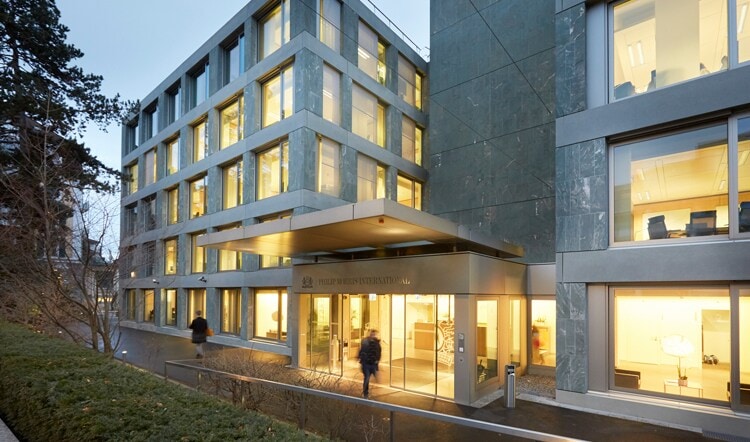Cigarettes are not the only things our company is moving away from. For the last three years, the Cost Category Management Office (CCMO) team based in the Madrid office has been working toward an ambitious vision: Making as many cars as possible in the Swiss market—including both fleet cars used by sales teams and those used by executives—either hybrid or electric.
“Philip Morris International (PMI) is truly at the front face of the industry,” says Ramón Cano, Head of CCMO. “Not only are we delivering on our smoke-free vision, but we are now applying the same level of commitment to every other area of the business, with our car fleet being no exception.
“Since early 2021, PMI has invested in electrifying the fleet. Our ambition is to reach beyond 30 percent of the more 20,000 cars worldwide using hybrid or electric cars by 2024, to reduce our CO2 emissions.”
The initiative was spearheaded by management to make the company more adherent to its sustainability commitments and to support its goal to be carbon-neutral in its direct operations by 2025. PMI’s senior management were early adopters of the scheme, which set a strong precedent for other employees to follow.
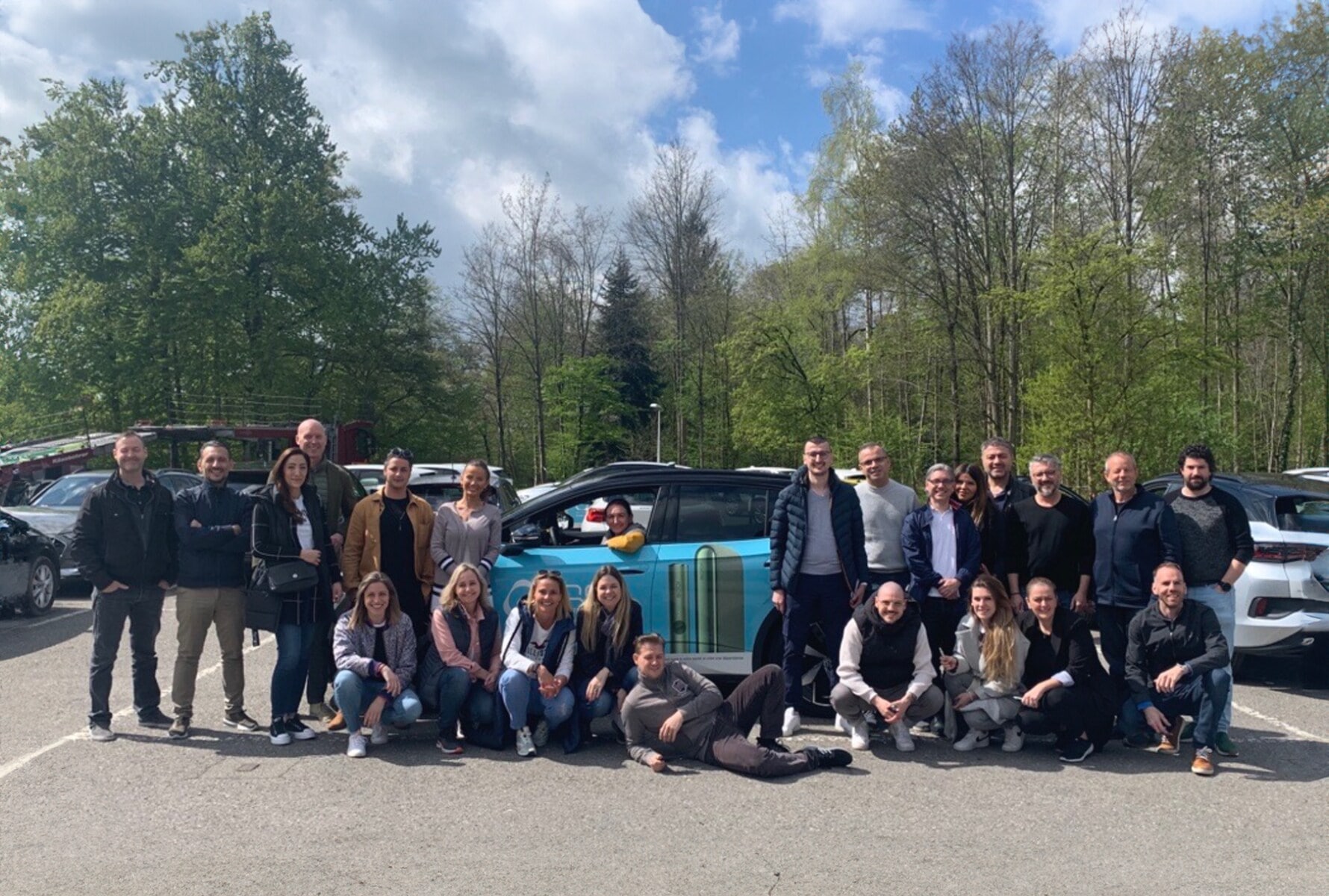
Putting change in the driving seat
The team began rolling out the initiative in Spring 2021. The initial focus was two-pronged. For executives’ cars, the switch began in 2021, with the Lausanne-based team offering a range of electric and hybrid cars without the option of combustion engines. This change also affected the parking landscape at the Lausanne offices, with more charging points available for electric cars. The goal is to have all company cars replaced by hybrid or electric cars in PMI Switzerland by the end of 2025.
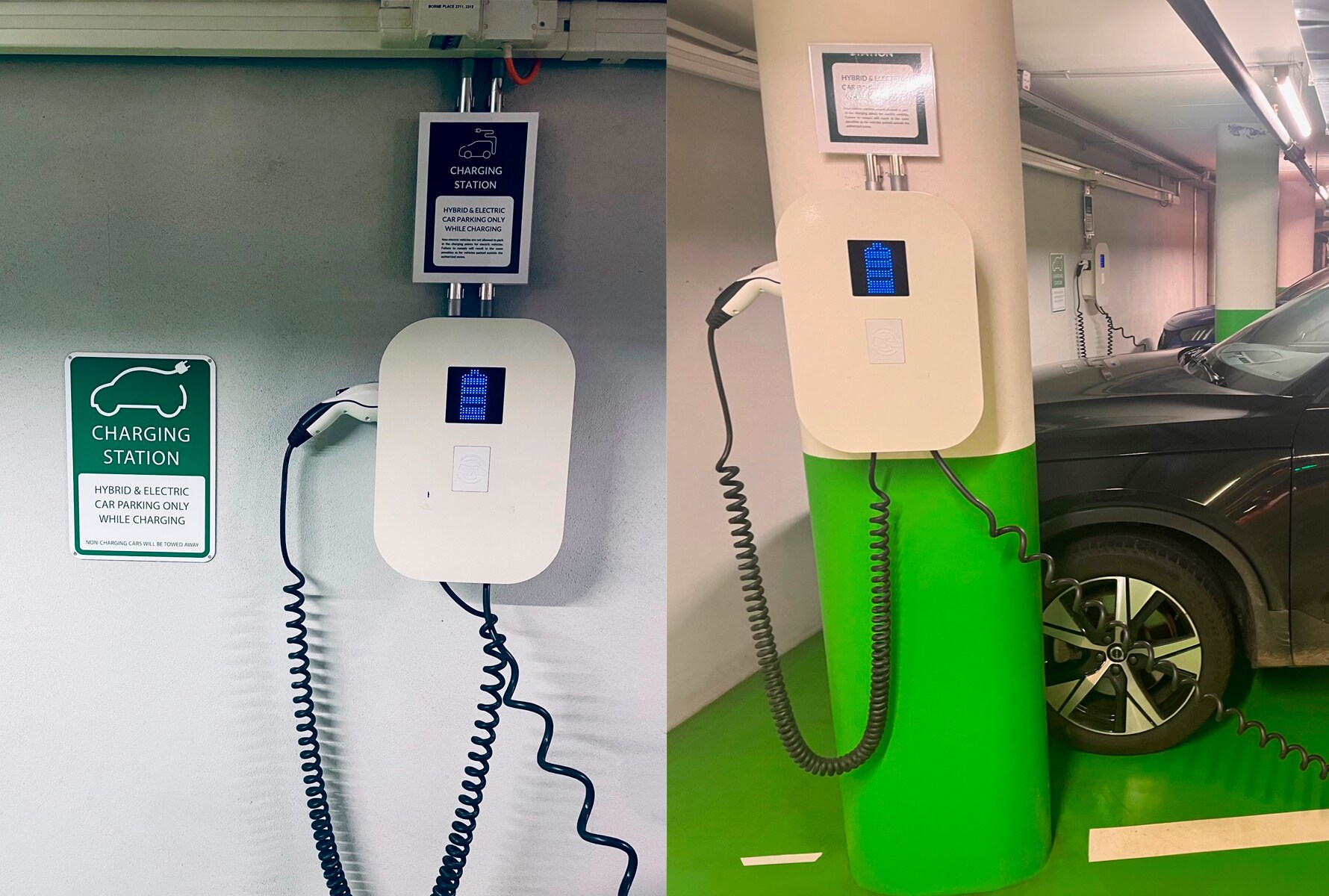
For fleet cars, the first goal was to change all cars used by the point-of-sale fleet cars working in the Swiss markets to electric or hybrid vehicles, which the team achieved in 2023.
By making the fleet cars used by Swiss sales teams fully hybrid or electric as a proof of concept, the team then had a blueprint on how best to execute this change into other sectors, and markets.
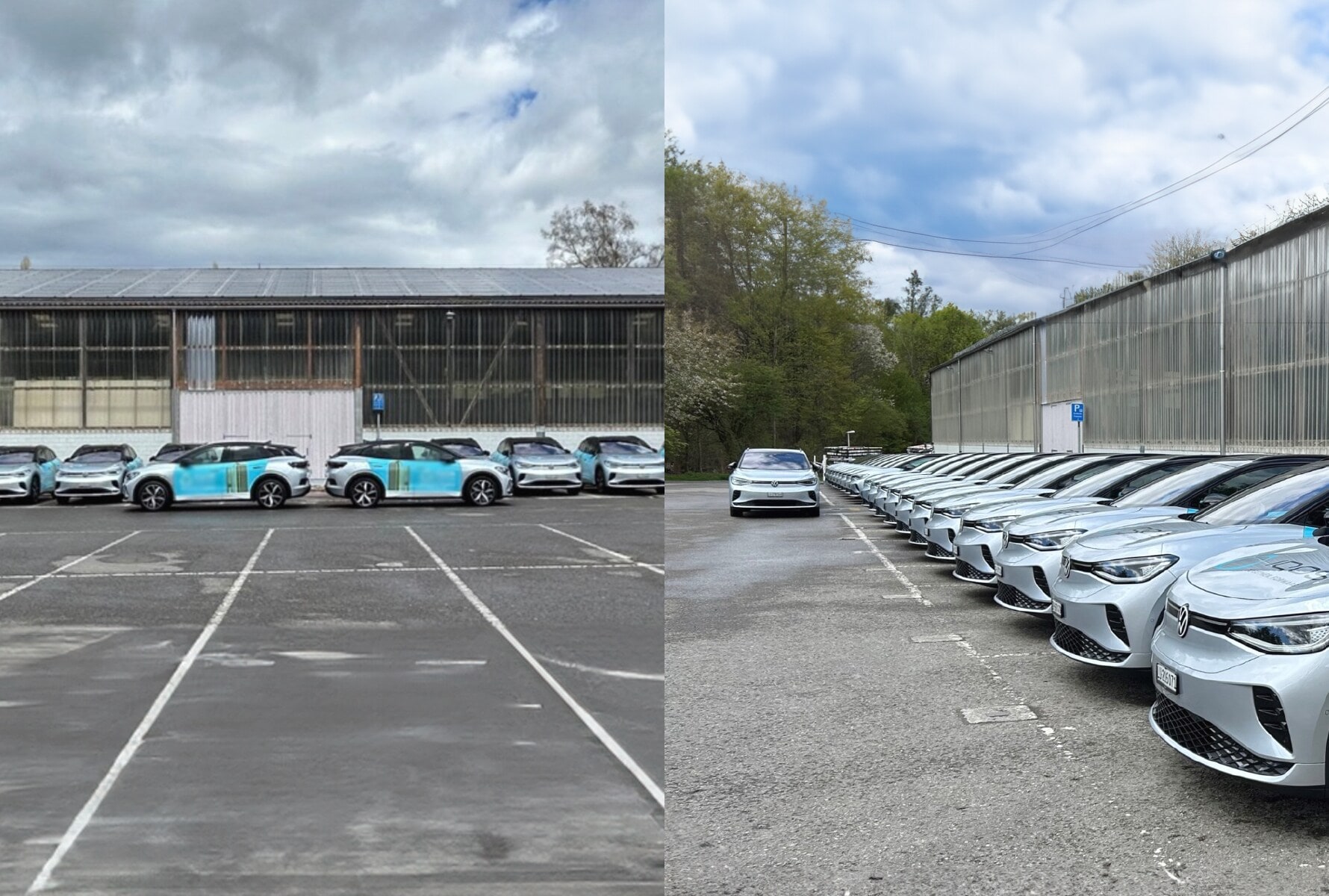
Looking to the future
The move to hybrid and electric vehicles is just the first phase of a range of measures including more charging stations in company car parks, free city transport in Lausanne and the surrounding areas for a year, and vouchers toward buying electric bikes. For those who are not part of the company car scheme, more company car park charging points are being created for personal cars.
There are also plans to improve the commuting options for existing cyclists. The team are working to provide better e-bike shelters and charging stations for electric bikes, to encourage more people to cycle to work. And even pedestrians are eligible for some incentives—such as footwear vouchers—for choosing to walk to the workplace.
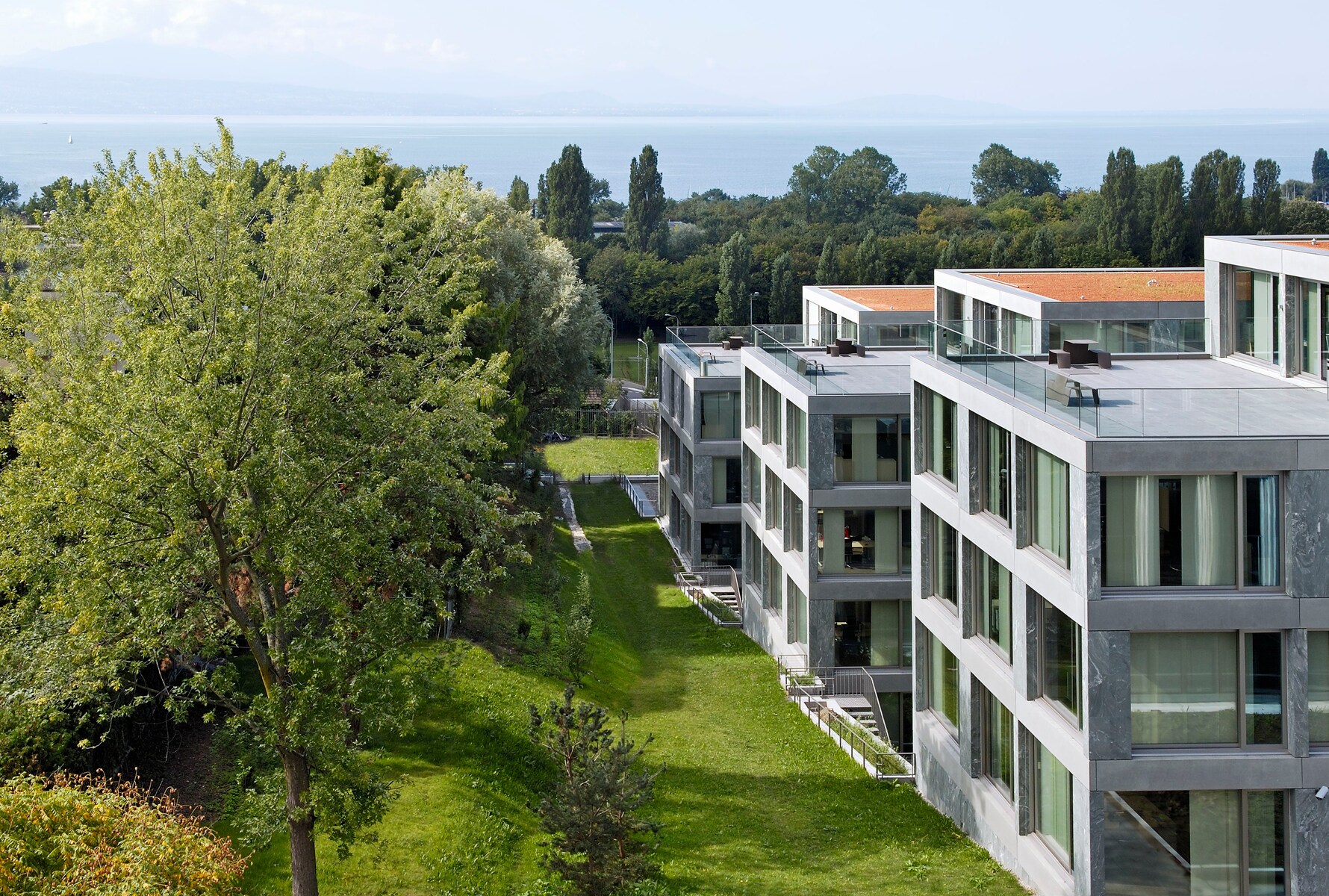
“In combination with our [Head of Global Market and Fleet Safety] Nikola Vuckovic’s efforts in drivers’ safety and efficiency training for the Security & Market Safety Fleet worldwide,” says Cano, “average fuel consumption per kilometer has already decreased more than 10 percent worldwide (hence the fleet CO2 emissions, too) through using more hybrid and electric vehicles.”
It’s an impressive achievement, and the Swiss team is excited for what the future may bring, both in their own market, and across the world.

